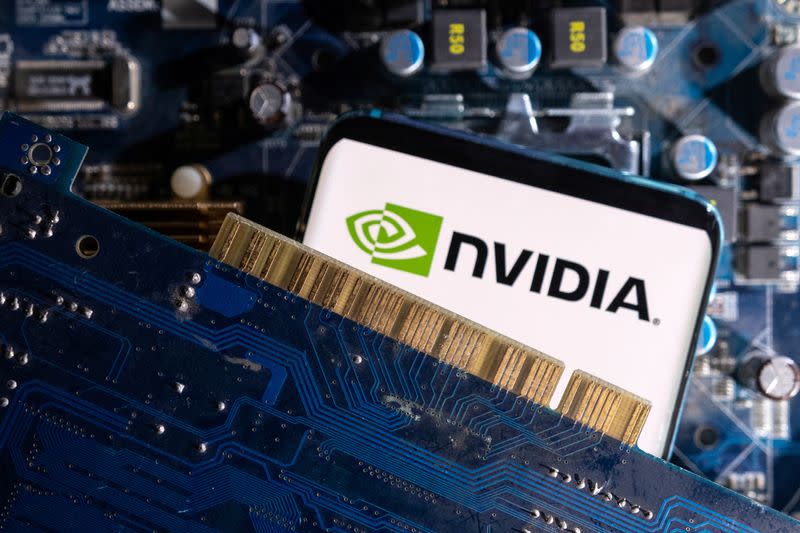In the previous week, the company projected revenue for the second quarter that exceeded Wall Street’s estimates by over 50% and announced its plans to increase the supply of its artificial intelligence chips to cater to the growing demand for such chips, which are instrumental in powering ChatGPT and other comparable services.
Addressing a large audience at the Computex forum in Taipei, Jensen Huang, who was born in southern Taiwan and later moved to the United States with his family during his childhood, expressed his belief that artificial intelligence is spearheading a revolution in computing, stating that with every new era of computing, there are new possibilities that were previously unattainable, and AI is no exception to this trend, occasionally using words in Mandarin or Taiwanese to the amusement of the gathering.
According to Huang, “The programming barrier is incredibly low, and we have effectively bridged the digital divide, enabling everyone to become a programmer by simply communicating with the computer.” He further added that the ease of use of AI has contributed to its rapid growth rate, which is expected to impact every industry.
Nvidia’s chips have been instrumental in enabling companies such as Microsoft Corp to incorporate human-like chat features into search engines such as Bing, as demonstrated by Huang, who showcased the capabilities of AI by instructing a program to compose a brief pop song in praise of Nvidia. Additionally, Huang announced a range of new applications, including a collaboration with WPP, the world’s largest advertising group, to develop generative content for digital advertising with the aid of AI.
Nvidia has been experiencing challenges in fulfilling the demand for its AI chips, with reports indicating that Elon Musk, the CEO of Tesla Inc, who is currently developing an AI startup, recently stated in an interview that the graphics processing units (GPUs) are “significantly more difficult to acquire than drugs.”




